Orario di ricevimento
Ricevimento libero previa comunicazione via mail.
Free upon communication via e-mail.
- Curriculum
-
Francesco Enrichi è un Fisico, Dottorato in Scienza dei Materiali, con più di 20 anni di esperienza nella ricerca e nel trasferimento tecnologico. È stato Vinnmer Marie Curie Fellow presso la Luleå University of Technology (Svezia), Ricercatore presso il Consiglio Nazionale delle Ricerche (CNR), Research Fellow presso l'Università Ca' Foscari di Venezia e presso il Centro Enrico Fermi di Roma, e Responsabile del Laboratorio di Caratterizzazione Ottica in Veneto Nanotech, il Cluster Italiano per le Nanotecnologie. I suoi interessi di ricerca sono principalmente nel campo dei materiali luminescenti, dai rivestimenti vetro-ceramici ai nanofosfori e zeoliti porose, con applicazioni in sensori e biosensori, illuminazione, celle solari, anticontraffazione e beni culturali. In queste aree, ha pubblicato circa 125 articoli di ricerca e presentato numerosi contributi orali su invito a conferenze internazionali. Ha avuto ed ha tuttora numerosi incarichi di insegnamento in corsi universitari, master di secondo livello e corsi finanziati dall'UE. Ha seguito un numero significativo di studenti di laurea e dottorato. È stato membro dell'Energy Group Committee ed è membro del Materials & Characterization Group Committee dell'Institute of Physics (IoP).
Francesco Enrichi is a Physicist, PhD in Materials Science, with more than 20 years of experience in research and technology transfer. He was a Vinnmer Marie Curie Fellow at the Luleå University of Technology (Sweden), Researcher at the National Research Council (CNR), Research Fellow at the Ca' Foscari University of Venice and at the Enrico Fermi Center in Rome, and Head of the Optical Characterization Laboratory in Veneto Nanotech, the Italian Cluster for Nanotechnologies. His research interests are mainly in the field of luminescent materials, from glass-ceramic coatings to nanophosphors and porous zeolites, with applications in sensors and biosensors, lighting, solar cells, anti-counterfeiting and cultural heritage. In these areas, he has published about 125 research articles and presented numerous invited oral contributions at international conferences. He has had and still has numerous teaching positions in university courses, master's courses and EU-funded courses. He has mentored a significant number of graduate and doctoral students. He has been a member of the Energy Group Committee and is a member of the Materials & Characterization Group Committee of the Institute of Physics (IoP).
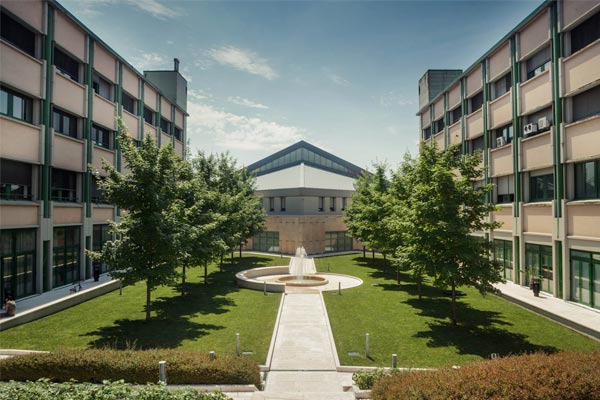
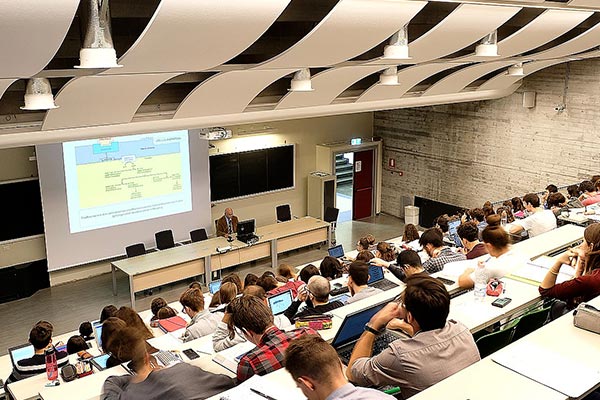
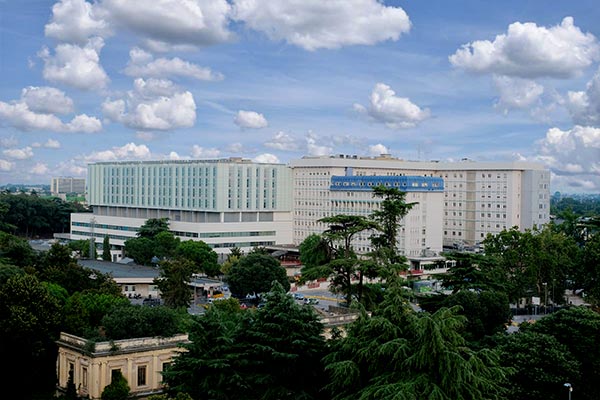



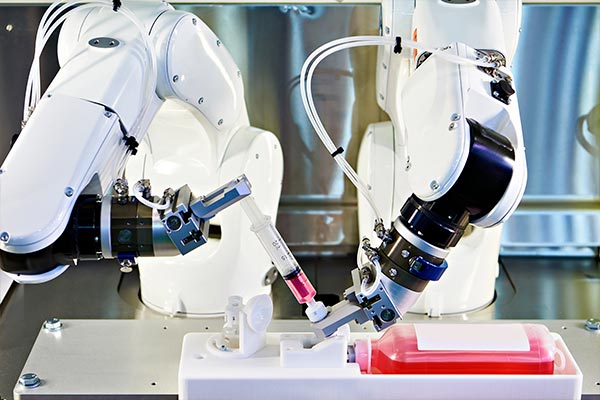
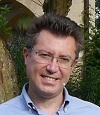
 enrichi
enrichi univr
univr

